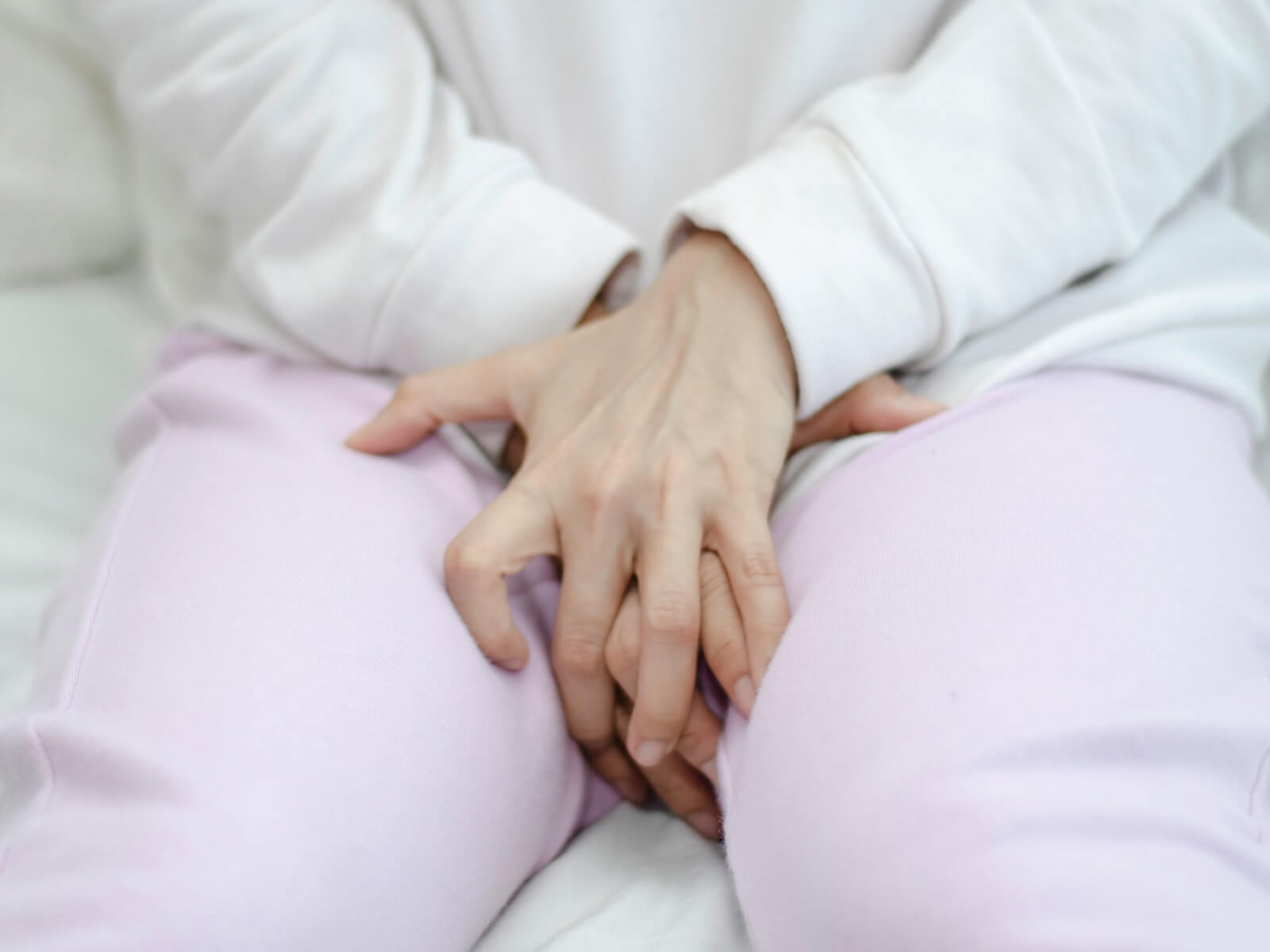
Condyloma, or genital warts, are benign skin lesions caused by the human papillomavirus (HPV). The most common areas affected include the genitals, the area around the anus, and occasionally the mouth. In rare and severe cases, it can appear as Buschke-Lowenstein giant condyloma — a large, invasive form. One of the main types, known as condyloma acuminatum (ICD-10 code A63.0), can develop into large masses if left untreated in its early stages.
Symptoms may not appear until weeks or months after HPV exposure. When present, you may notice:
Condyloma results from infection with low-risk strains of HPV, most commonly types 6 and 11. The virus spreads through direct skin or mucous membrane contact, particularly during sexual activity. Key risk factors include:
At GastroDoxs, our board-certified specialists provide advanced care through customized treatment plans that include cryotherapy, laser therapy, surgical removal, and immunotherapy. We combine modern technology with a compassionate approach to deliver precise, effective results. Our team also assists with ICD-10 documentation and insurance support to make your care seamless. Don’t let condyloma affect your quality of life—schedule your appointment today and take the first step toward fast, professional relief.
We've successfully treated more than 1.5K patients, helping individuals improve their digestive health and overall well-being through expert, personalized care.
With over 20 years of experience, GastroDoxs has been a trusted provider of gastroenterology care, focusing on delivering the best outcomes for patients
The ICD-10 code for genital warts (condyloma acuminatum) is A63.0. This code is used for accurate diagnosis, record-keeping, and medical billing.
HPV types 6 and 11, which cause condyloma acuminatum, are low-risk strains and not cancer-causing. However, high-risk HPV types can increase the risk of cervical and other cancers, so regular cervical screening is recommended.
Untreated genital warts may persist for months or even years. They can spread to new areas or partners, and in some cases, regress on their own.
Yes. The HPV vaccine helps prevent infection from the most common low-risk (types 6 and 11) and high-risk HPV strains. Immunization significantly reduces your risk of genital warts and HPV-related cancers.
Yes. Buschke-Lowenstein giant condylomas are surgically removable and should be treated early. Regular follow-up helps detect and prevent recurrence.
Yes. Condyloma acuminatum is a sexually transmitted infection (STI) caused by HPV. It spreads through direct genital, anal, or oral skin-to-skin contact.
Most patients experience only mild discomfort during laser therapy. Topical or local anesthesia is used to ensure a comfortable treatment experience.
Genital warts can be treated through topical therapy, cryotherapy, laser therapy, or surgery — and most insurance plans cover these treatments. Our team will help you verify your benefits and handle the billing process.
Yes. HPV can remain dormant in the skin, causing warts to reappear. Vaccination, safe sexual practices, and regular follow-ups help reduce the risk of recurrence.
If you notice new warts, pain, bleeding, or persistent lesions after treatment, you should see a specialist promptly. Early evaluation ensures quicker and more effective management.